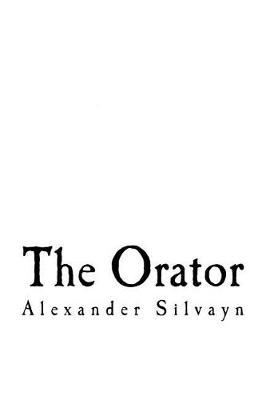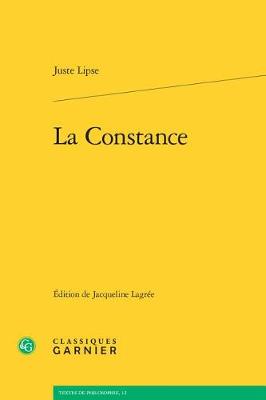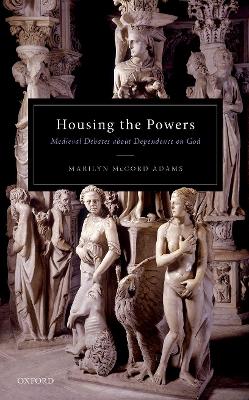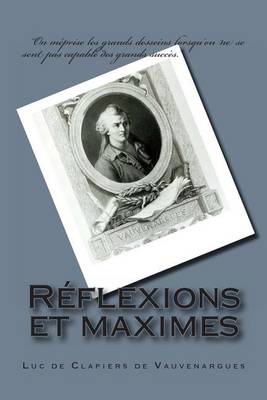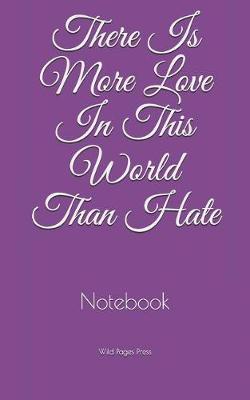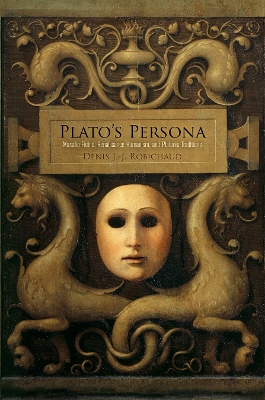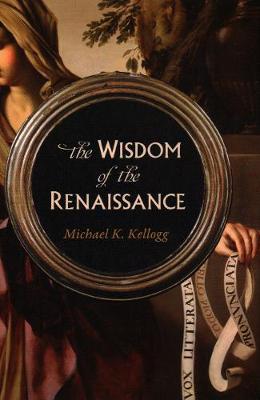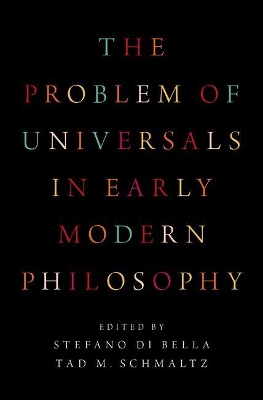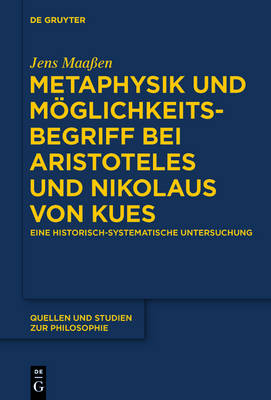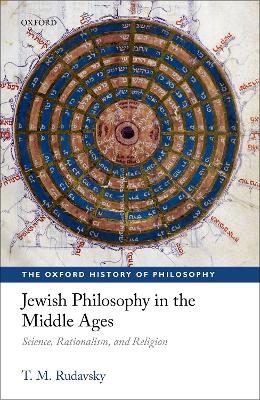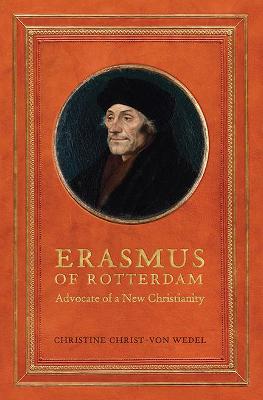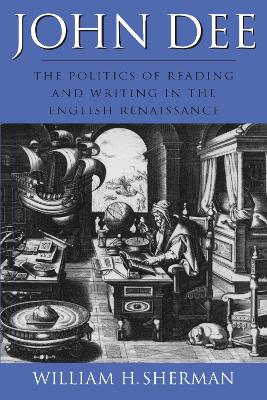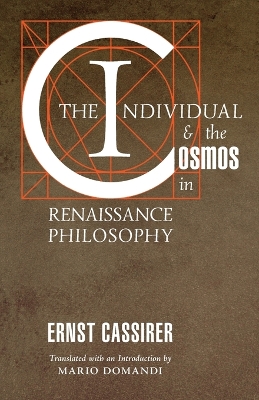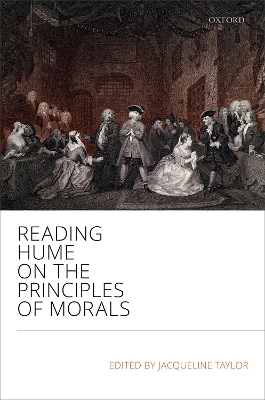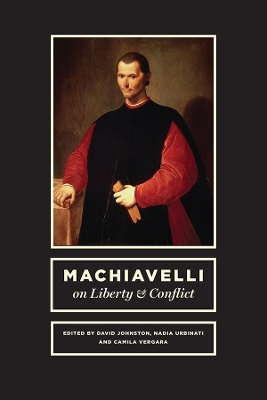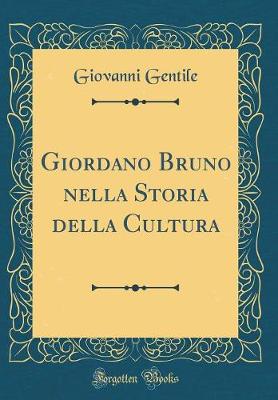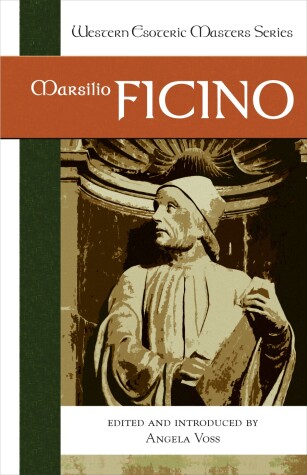Housing the powers? What powers? Soul powers - powers that shape the lives of human souls. They may be housed, and exercised, by those souls or by other agents. This book is about views on that subject developed by Christian philosophical theologians in western Europe from the mid-12th to the early 14th century, with some borrowing of thoughts from their Islamic counterparts. Chapters 1 to 3 discuss in increasing breadth and depth those theologians' views about their own housing and exercise of...
In 1484, humanist philosopher and theologian Marsilio Ficino published the first complete Latin translation of Plato's extant works. Students of Plato now had access to the entire range of the dialogues, which revealed to Renaissance audiences the rich ancient landscape of myths, allegories, philosophical arguments, etymologies, fragments of poetry, other works of philosophy, aspects of ancient pagan religious practices, concepts of mathematics and natural philosophy, and the dialogic nature of...
An overview and appreciation of Renaissance literature for lay readers that takes account of major intellectual trends, various genres, and key historical figures of the period. This engaging survey of important works spanning the lives of Petrarch (1304-1374) to Shakespeare (1564-1616) reveals the depth of thought and the diversity of expression that characterized the Renaissance. The author examines poetry, philosophical treatises, essays, letters, novels, comedies, and dramas, documenting the...
The ancient topic of universals was central to scholastic philosophy, which raised the question of whether universals exist as Platonic forms, as instantiated Aristotelian forms, as concepts abstracted from singular things, or as words that have universal signification. It might be thought that this question lost its importance after the decline of scholasticism in the modern period. However, the fourteen contributions contained in The Problem of Univerals in Early Modern Philosophy indicate tha...
Metaphysik Und Moglichkeitsbegriff Bei Aristoteles Und Nikolaus Von Kues (Quellen Und Studien Zur Philosophie, #126)
by Jens Maassen
Jewish Philosophy in the Middle Ages (The Oxford History of Philosophy)
by T M Rudavsky
T. M. Rudavsky presents a new account of the development of Jewish philosophy from the tenth century to Spinoza in the seventeenth, viewed as part of an ongoing dialogue with medieval Christian and Islamic thought. Her aim is to provide a broad historical survey of major figures and schools within the medieval Jewish tradition, focusing on the tensions between Judaism and rational thought. This is reflected in particular philosophical controversies across a wide range of issues in metaphysics,...
This book provides the first analysis of the development of Erasmus' historical methodology and its impact on Roman Catholic and Protestant theologians. Combining a biography of Erasmus with the larger theological debates and the intellectual history of his time, Christine Christ-von Wedel reveals many of previously unexplored influences on Erasmus, as well as his influences on his contemporaries. Erasmus of Rotterdam is a revised and considerably enlarged translation of Christ-von Wedel's well...
Winning Without Victory (Lodging for the Rose, #4)
by Rolf A F Witzsche
John Dee (Massachusetts Studies in Early Modern Culture)
by William H. Sherman
This text presents a reassessment of the career and cultural background of John Dee (1527-1609), one of Elizabethan England's most interesting figures. Challenging the conventional image of the isolated eccentric philosopher, Sherman situates Dee in a fresh context, revealing that he was a well-connected adviser to the academic, courtly and commercial circles of his day. The centrepiece of Dee's life is shown to be the massive library and museum at Mortlake, perhaps the first modern ""think tank...
Si Les Demons Existent Et s'Ils Sont La Cause Des Maladies, (Textes de La Renaissance, #227)
by Giano Matteo Durastante
Reading Hume on the Principles of Morals
Hume's Enquiry concerning the Principles of Morals is one of the landmark works in the history of moral philosophy; this volume presents a section-by-section study of the work in the form of new interpretative essays by leading Hume scholars. The result is a comprehensive reassessment of Hume's 'recasting' of his moral philosophy in this work. Particular attention is given to the Enlightenment concepts of justice and benevolence, as well as to the concepts of humanity and moral sentiment. Fifte...
Machiavelli on Liberty and Conflict
More than five hundred years after Machiavelli wrote The Prince, his landmark treatise on the pragmatic application of power remains a pivot point for debates on political thought. While scholars continue to investigate interpretations of The Prince in different contexts throughout history, from the Renaissance to the Risorgimento and Italian unification, other fruitful lines of research explore how Machiavelli's ideas about power and leadership can further our understanding of contemporary poli...
Giordano Bruno Nella Storia Della Cultura (Classic Reprint)
by Giovanni Gentile
Marsilio Ficino was one of the most influential humanist philosophers of the early Italian Renaissance. Though an ordained priest, he was also a practicing astrologer and magician whose daunting life’s work was to reconcile religious faith with philosophical reason — which included integrating pagan magical practice with Christianity. In a lengthy introduction, editor Angela Voss puts Ficino’s achievement in context as a complete re-visioning of traditional astrological practice and the beginnin...
